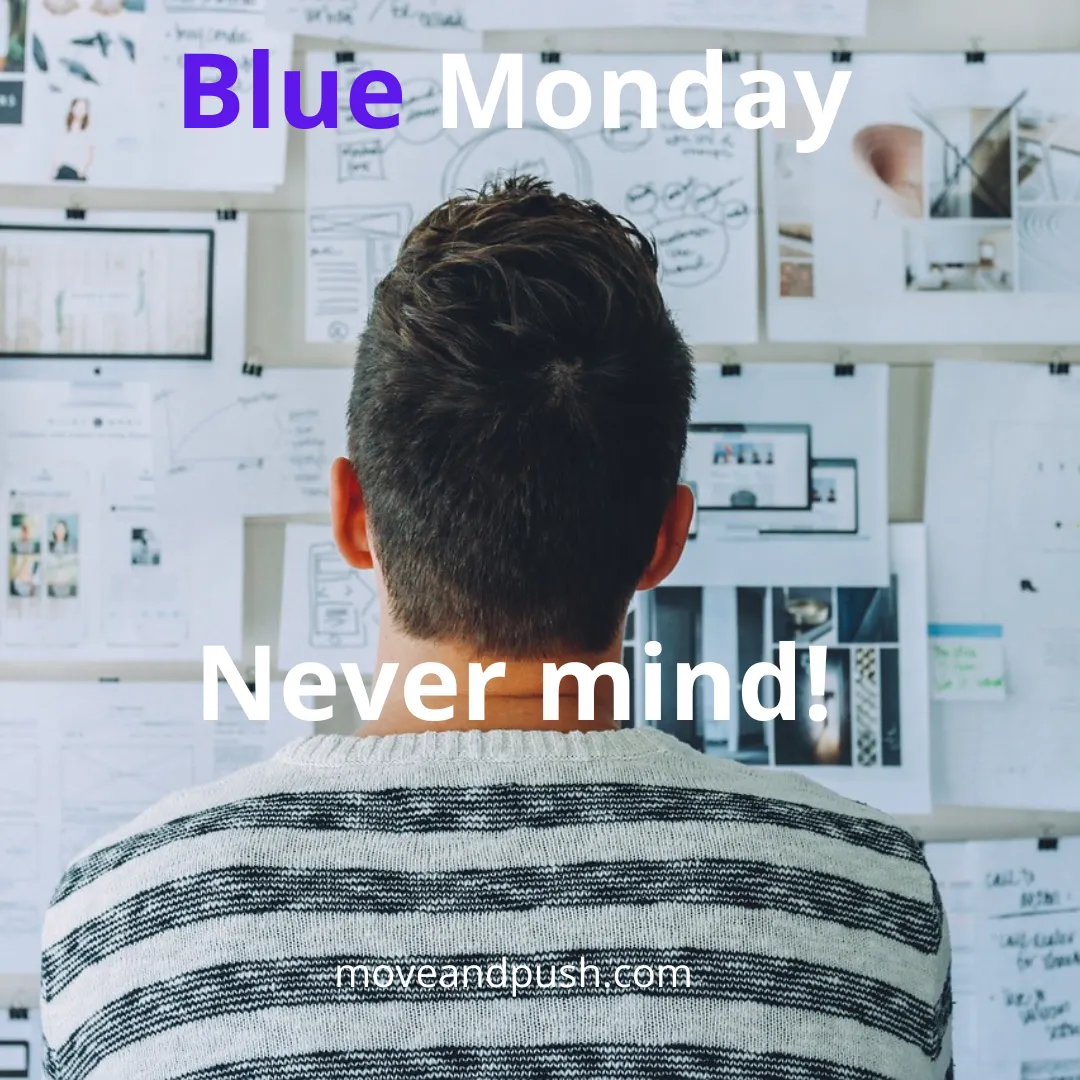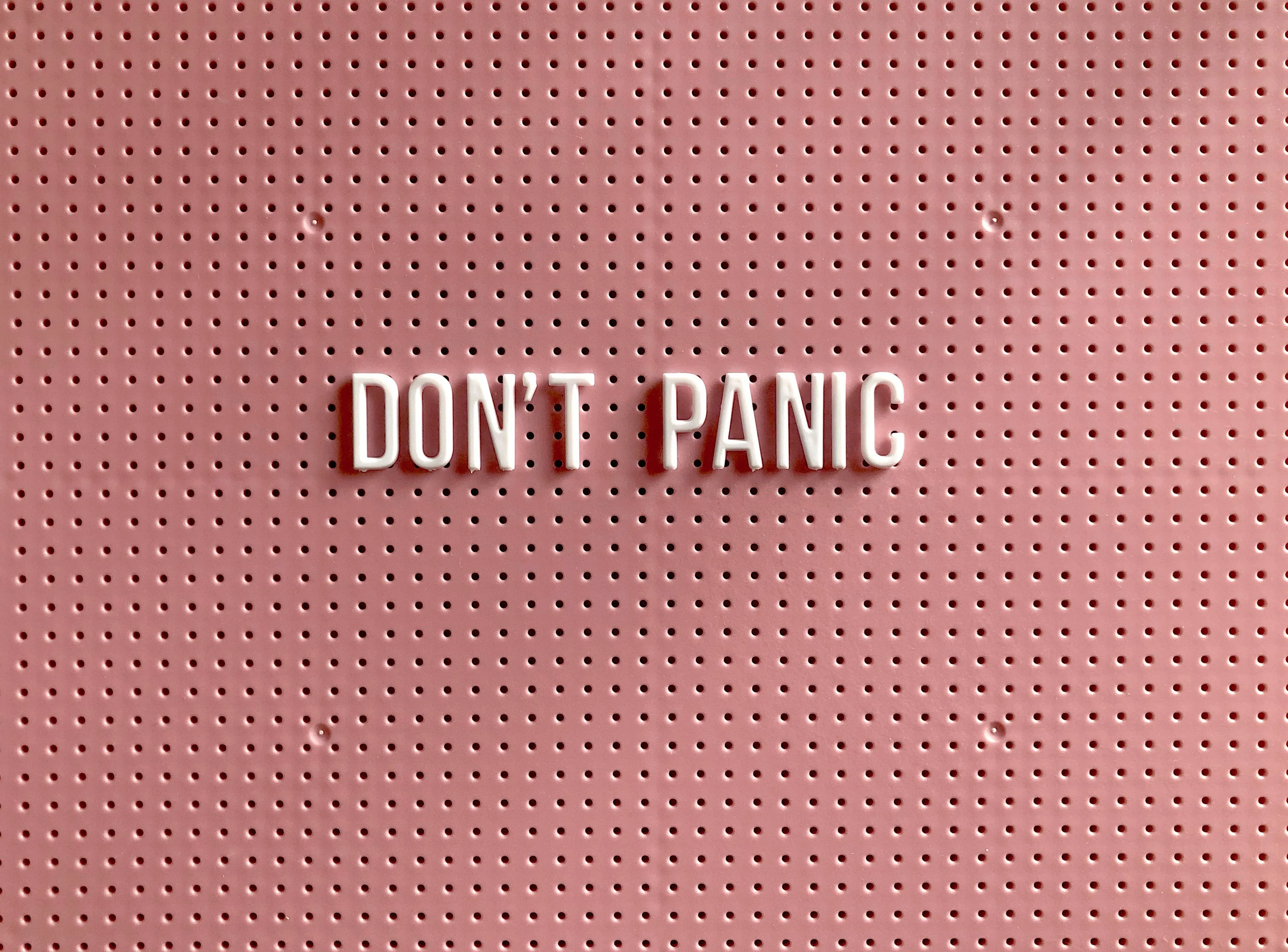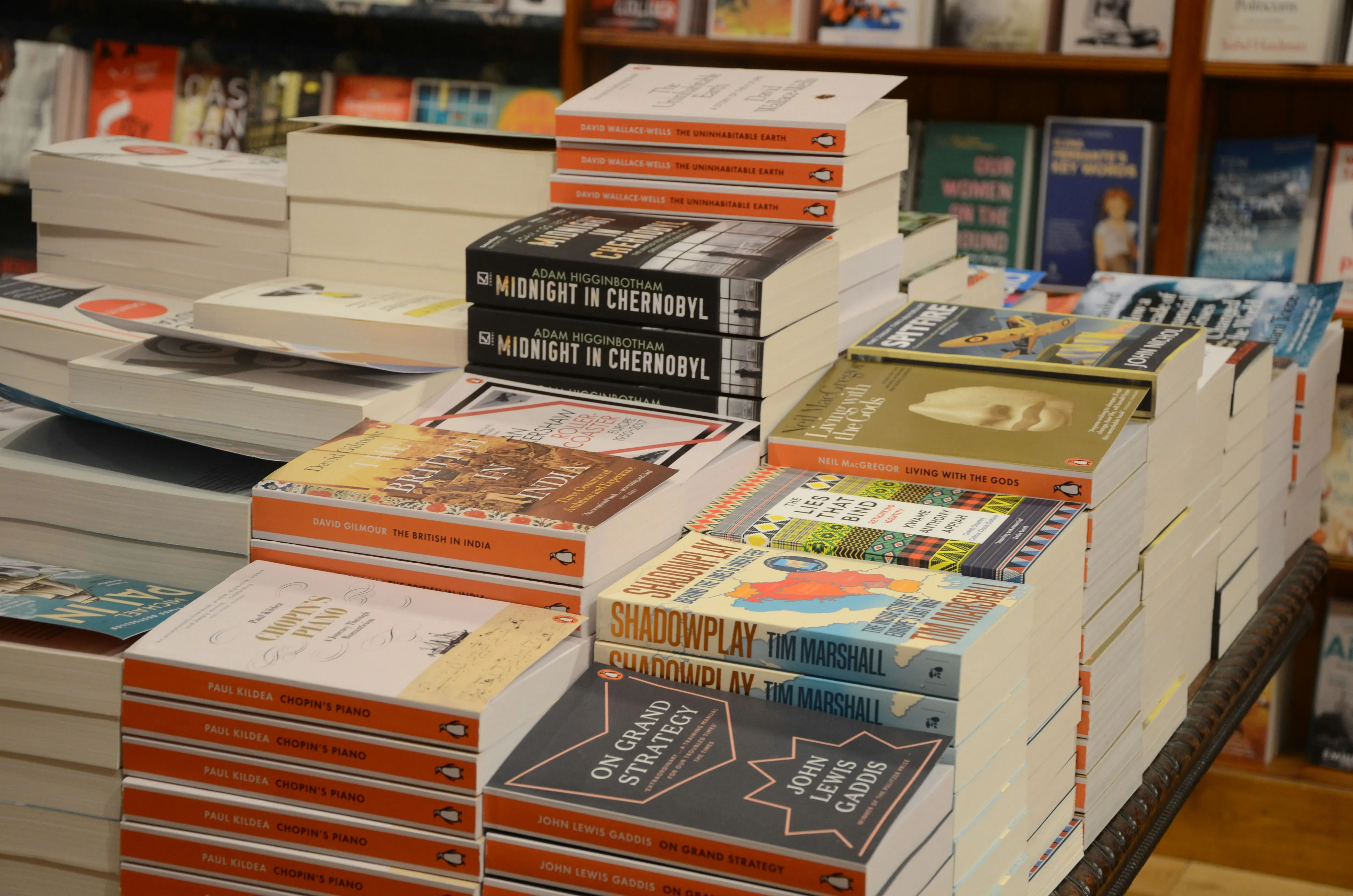How to Start Writing: A Guide for Complete Beginners.
How to Start Writing
Writing can be an intimidating task, especially for those who have never attempted it before. Whether you’re aspiring to be a novelist, a blogger, a poet, or just want to improve your writing skills, starting from scratch can feel overwhelming. But don’t worry! With the right approach, you can begin your writing journey with confidence and clarity.
In this blog post, we will walk through the steps to help you start writing, even if you’re a complete beginner. We’ll cover everything from overcoming the fear of the blank page to developing a writing routine that works for you.
1. Understanding Your Purpose: Why Do You Want to Write?
Before you even put pen to paper (or fingers to keyboard), it’s essential to understand why you want to write. Are you looking to express yourself, share knowledge, tell stories, or perhaps explore new ideas? Your purpose will guide your writing and give you direction.
Ask Yourself:
- What do I hope to achieve through writing? Whether it's personal growth, a career in writing, or simply having fun, knowing your goal will help you stay motivated.
- What interests me? If you’re passionate about a particular topic, start writing about it. Passion fuels creativity.
2. Start Small: Don't Overwhelm Yourself
Many beginners get stuck because they feel they need to start with something big, like a novel or a complex article. Instead, start small. Writing a paragraph, a short blog post, or even a journal entry is a great way to get the ball rolling.
Tips for Starting Small:
- Journal your thoughts. Start with writing about your day, your thoughts, or your feelings. Journaling is a low-pressure way to get used to writing regularly.
- Write short stories or essays. If you’re interested in storytelling, try crafting a short story. If non-fiction is your thing, start with brief essays or opinion pieces.
- Set word count goals. Set yourself a daily or weekly word count goal. It doesn’t have to be high; even 100 words a day can help build the habit.
3. Overcoming the Fear of the Blank Page
One of the biggest challenges for beginners is the fear of the blank page. The good news is that everyone, even seasoned writers, experiences this at some point. The trick is to start writing anything, even if it’s not perfect.
Strategies to Get Started:
- Freewriting: Set a timer for 10 minutes and write whatever comes to mind without worrying about grammar or structure. The goal is to get your thoughts flowing.
- Use prompts: Writing prompts can be a great way to jumpstart your creativity. For example, “Write about a time when you felt proud of yourself,” or “Describe your ideal day.”
- Don’t edit as you write: Editing while you write can interrupt your flow. Get your thoughts down first, and then go back and refine them.
4. Developing a Writing Habit
Consistency is key to improving as a writer. Developing a regular writing habit can help you stay on track and make steady progress.
Creating a Routine:
- Set aside dedicated time: Choose a specific time of day to write, whether it’s in the morning, during lunch, or before bed. Stick to this time as much as possible.
- Create a writing space: Find a quiet, comfortable place where you can write without distractions. Whether it’s a home office, a cozy corner, or a local café, your writing space should inspire you.
- Start with small sessions: If you’re new to writing, start with 15-20 minute sessions and gradually increase the time as you build your stamina.
5. Finding Your Voice
Your writing voice is your unique way of expressing ideas, and it’s what makes your writing distinct. Finding your voice can take time, but the more you write, the clearer it will become.
Tips to Discover Your Voice:
- Write as you speak: Imagine you’re having a conversation with a friend. Write in a way that feels natural to you.
- Experiment with different styles: Try writing in various genres and tones to see what feels most comfortable. Don’t be afraid to mimic your favorite writers at first—your unique voice will emerge over time.
- Be authentic: Don’t try to be someone you’re not in your writing. Authenticity resonates with readers and makes your writing more powerful.
6. Learning the Basics of Writing
If you’re completely new to writing, it’s helpful to learn some basic principles. This includes grammar, sentence structure, and the elements of style. While you don’t need to be an expert right away, having a foundation will make your writing clearer and more effective.
Resources to Learn the Basics:
- Books on writing: Consider reading books like “The Elements of Style” by Strunk and White, or “On Writing” by Stephen King. These provide valuable insights into the craft of writing.
- Online courses and tutorials: Websites like Coursera, Udemy, and Khan Academy offer free or affordable courses on writing.
- Writing communities: Join online writing forums or local writing groups where you can ask questions, share your work, and get feedback.
7. Editing and Revising Your Work
Writing is a process, and the first draft is rarely perfect. Editing and revising are crucial steps in refining your work and making it the best it can be.
Steps to Effective Editing:
- Take a break: After completing a draft, step away from it for a while. This will give you fresh eyes when you come back to edit.
- Read aloud: Reading your work aloud helps catch awkward phrases, errors, and run-on sentences.
- Focus on clarity: Ensure that your writing is clear and concise. Cut out unnecessary words and make sure each sentence serves a purpose.
- Get feedback: If possible, ask a friend, family member, or fellow writer to read your work and provide constructive feedback.
8. Embracing Mistakes and Learning from Them
No one becomes a great writer overnight. Making mistakes is part of the learning process, and each mistake is an opportunity to improve.
How to Handle Mistakes:
- Don’t be too hard on yourself: Writing can be challenging, and it’s normal to make mistakes. What’s important is that you learn from them.
- Review and learn: After receiving feedback or noticing errors, take the time to understand what went wrong and how you can avoid it in the future.
- Keep writing: The best way to get better at writing is to keep doing it. Each piece you write will teach you something new.
9. Setting Goals for Your Writing Journey
As you gain more confidence in your writing, it’s important to set goals that will keep you motivated and focused. These goals can be short-term or long-term, but they should be realistic and achievable.
Examples of Writing Goals:
- Complete a certain number of words per day/week: This helps you stay consistent and build momentum.
- Finish a project: Whether it’s a short story, a blog post, or a chapter of a book, completing a project is a significant achievement.
- Submit your work: If you’re interested in publishing, set a goal to submit your work to a magazine, blog, or writing contest.
10. Celebrating Your Progress
Finally, don’t forget to celebrate your progress. Writing is a journey, and every step you take is worth acknowledging. Whether you’ve completed your first story, reached a word count goal, or simply wrote every day for a week, give yourself credit for your efforts.
Ways to Celebrate:
- Share your work: Share your writing with friends, family, or a writing group. Positive feedback can be incredibly motivating.
- Reward yourself: Treat yourself to something special when you hit a writing milestone, whether it’s a favorite snack, a new book, or a day off.
- Reflect on your journey: Take some time to look back at how far you’ve come. Recognize the progress you’ve made and the challenges you’ve overcome.
Conclusion
Starting to write as a beginner may seem daunting, but with the right mindset and approach, it’s entirely achievable. Remember, writing is a skill that improves with practice, so don’t be discouraged by early difficulties. By understanding your purpose, starting small, developing a routine, and embracing the learning process, you’ll be well on your way to becoming a confident and capable writer.
So, grab your pen or open your laptop, and start writing today. The world of words is waiting for you!
















